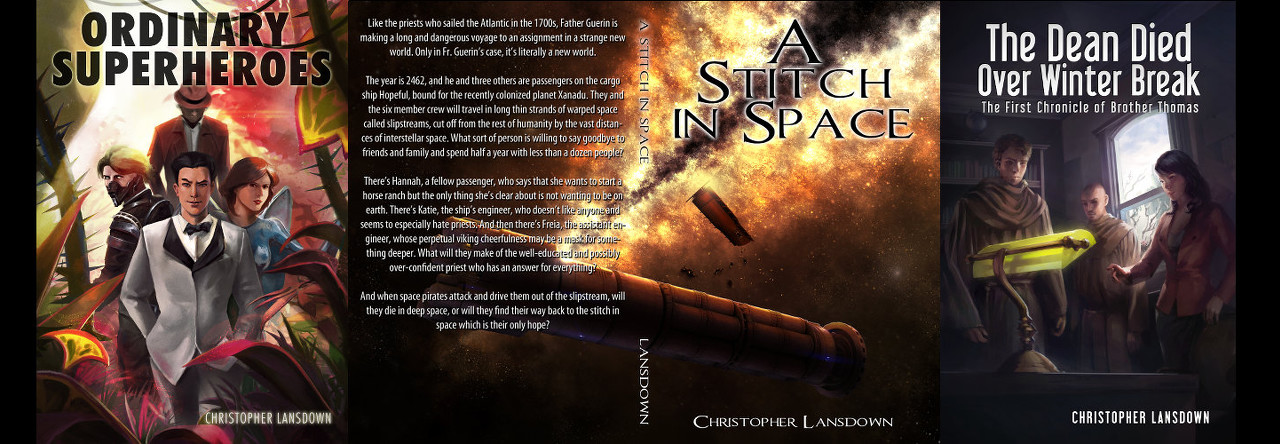Something I’ve noticed about Twitter is that I frequently come away from it feeling less emotionally balanced than when I went to it. The obvious thing to do, therefore, is to figure out why, so that I can figure out what to do better, or at least how to approach it or whether it’s possible to approach it usefully. The first thing I notice when I consider this is that Twitter—by which, of course, I mean the tweets of the people I follow on Twitter—contains a great deal of complaining.
This is a little bit odd because I’ve generally selected people to follow on the basis of having said something insightful or something funny. So the first question is: what did I do wrong in how I’ve selected people to follow?
The answer there seems to have several parts. One of which is just that it’s far easier to complain than to come up with anything insightful to say. When people run out of insight, they may simply turn to complaining because it’s better than nothing. Another explanation is that there simple are people who one needs to turn retweets off for, because they will retweet things that they will not write. That’s easily done, and not the majority of what tends to cause my day to be worse after going to Twitter. I think that another part of it is that there are people who have valuable things to say, but minimal self-control when they themselves become upset. I don’t think that there’s anything practical to do with these people other than to unfollow or mute them. A happy medium is actually to only read lists, and just leave these people off of the lists.
There are also people who have valuable things to say, but fundamentally misunderstand the medium in which they are saying them. Twitter is called “micro-blogging” for a reason, though people frequently think of it as merely conversing with friends. This dissonance can produce things that would make sense if heard only by the person to whom they were written but are highly liable to misunderstanding in public, where they actually are. Much of the above about people with little emotional self-control does apply, though on rare occasions it may be helpful to point out to these people that they are making public statements that really are meant for private audiences; since this is, fundamentally, a mistake, they may possibly be helped.
There is also a problem with Outrage Quoting. This is harder to know what to do with; one thing that helps is to block the idiots who are frequently quoted. And, of course, using lists, muting, and unfollowing are all options.
Ultimately, I suspect that the correct approach is just to narrow down yet more carefully the list of people whose tweets I see and to double-down on my rule about only reading twitter via Tweetdeck using lists.
Still, I think it’s also worthwhile to do some introspection on why I’ve broken down on that rule I imposed on myself; what am I looking for? I’ve got more than enough to do, I certainly don’t need Twitter in order to stave off boredom. I’ve got enough to read (and write) that I shouldn’t have time to be bored in the next twenty years (God willing). It could be looking for human contact, or hoping to find people to help me think through some topics that I’m thinking about. I could just be craving a certain sort of stimulation, since the current environment requires more patience than I’m used to practicing.
Discover more from Chris Lansdown
Subscribe to get the latest posts sent to your email.

Sadly, when I think of “Twitter”, I think of “twits”.
That’s why I don’t use it (or visit it) that much. 😦
LikeLiked by 1 person
I’ve had some very good discussions on Twitter and learned some valuable things (in addition to having made some good friends), but it’s a dangerous place that is very easy to go down bad paths in.
LikeLiked by 1 person